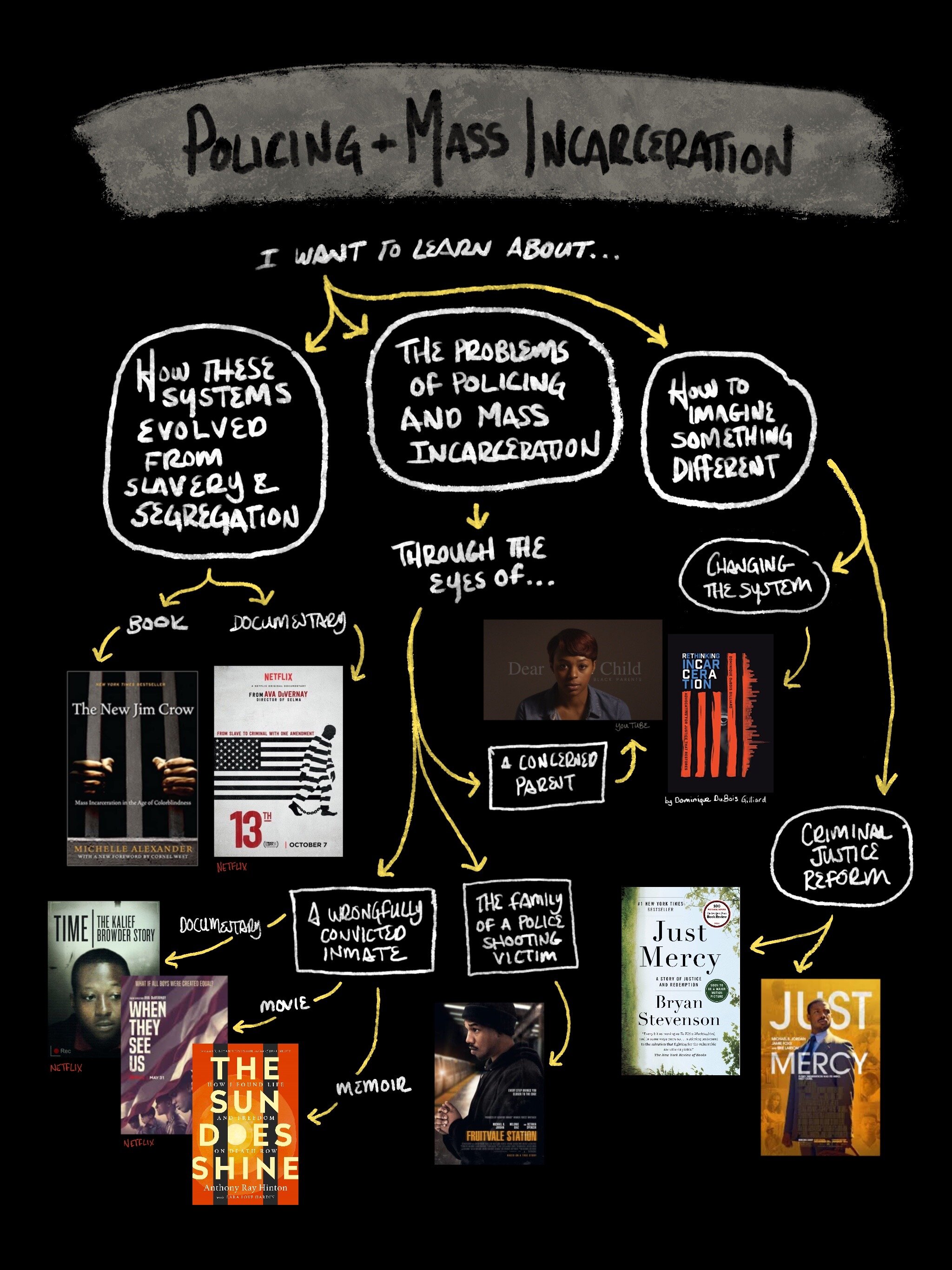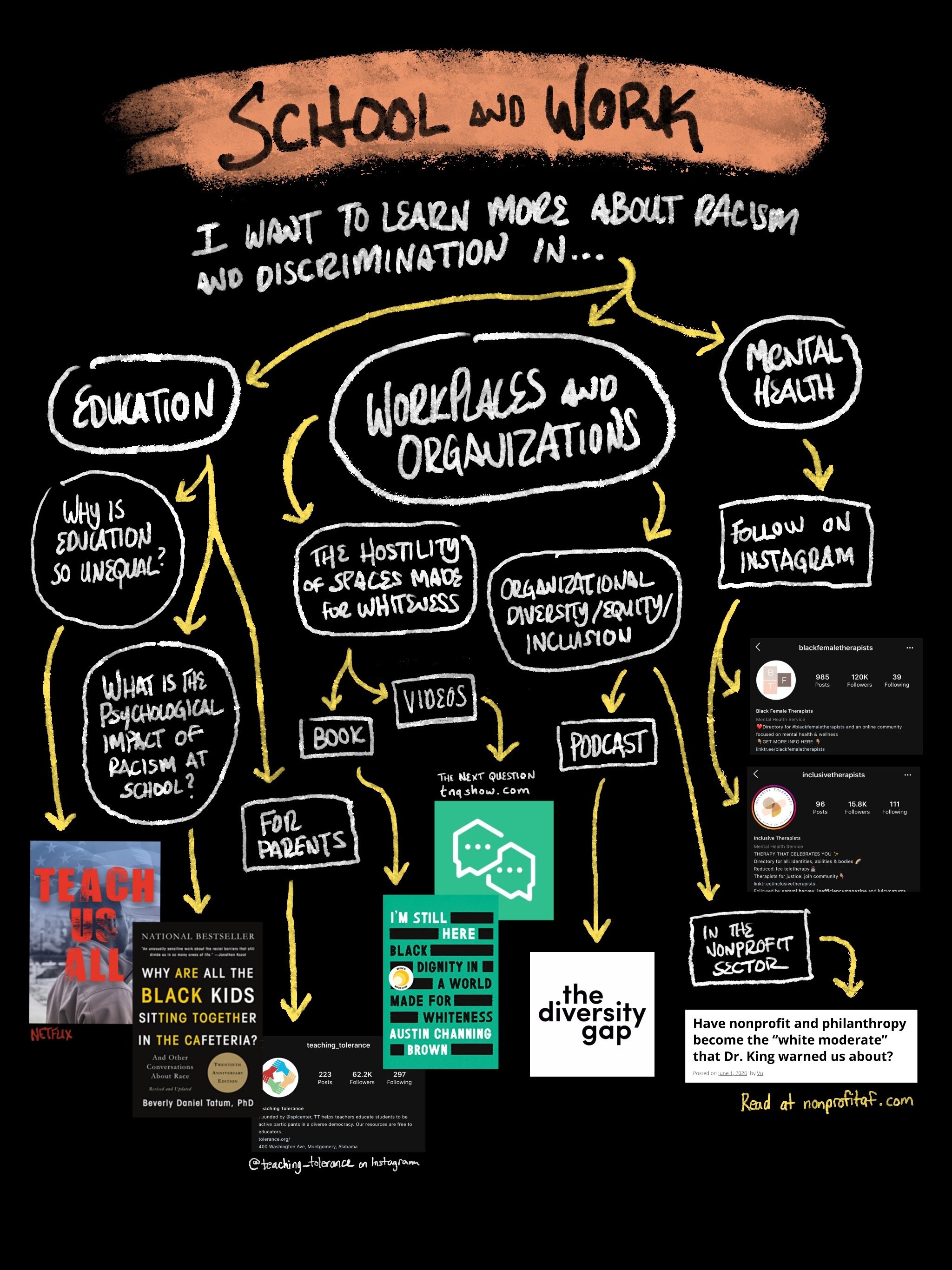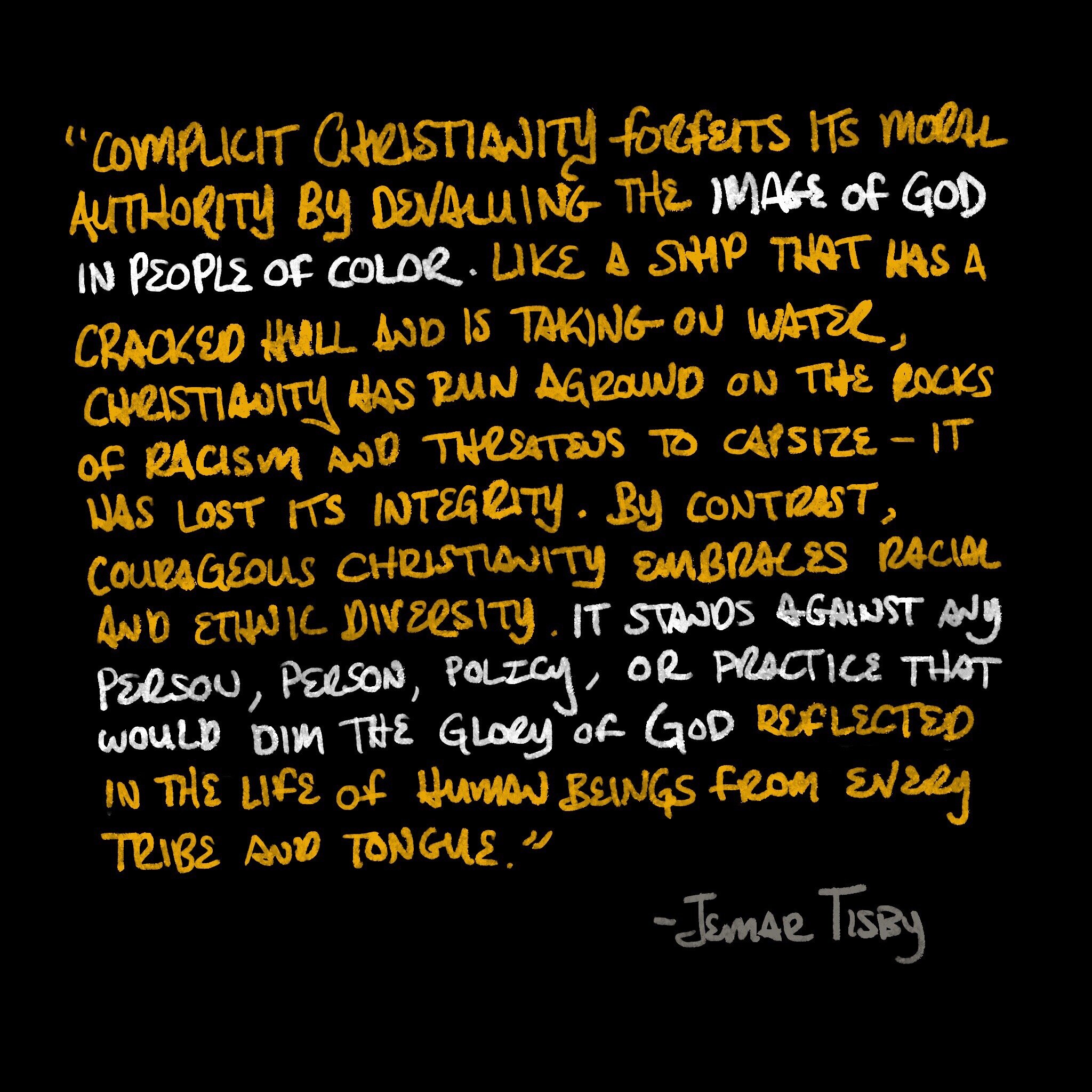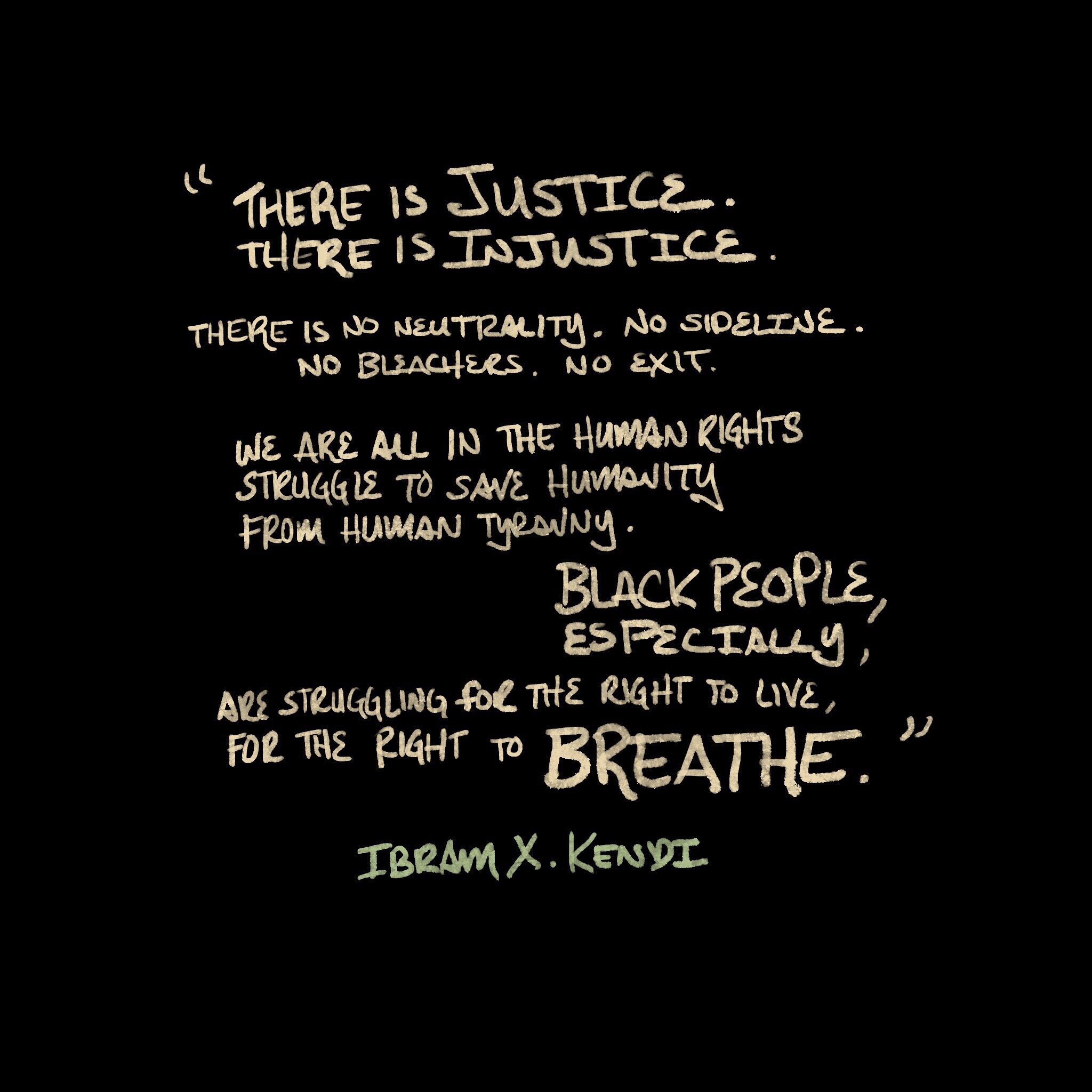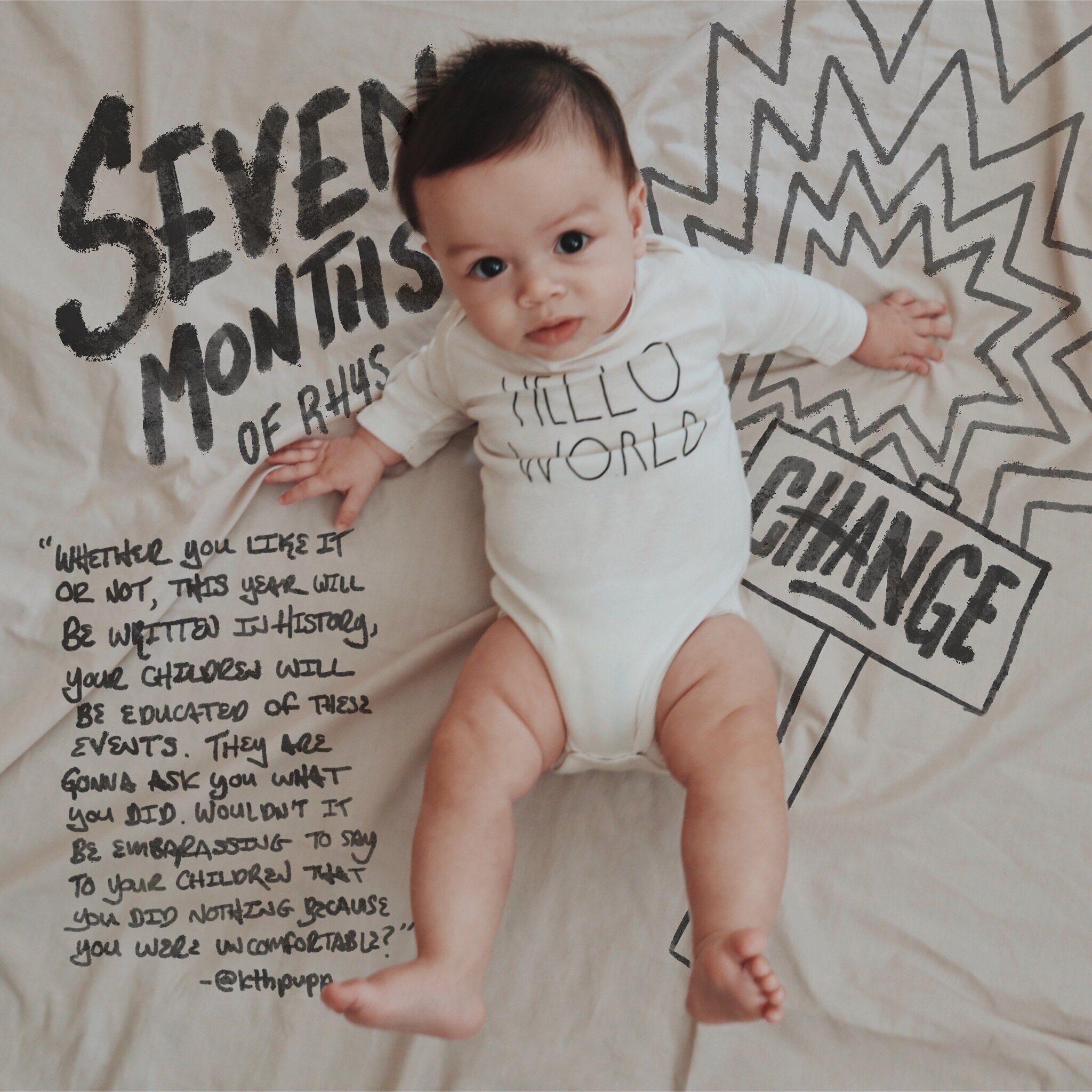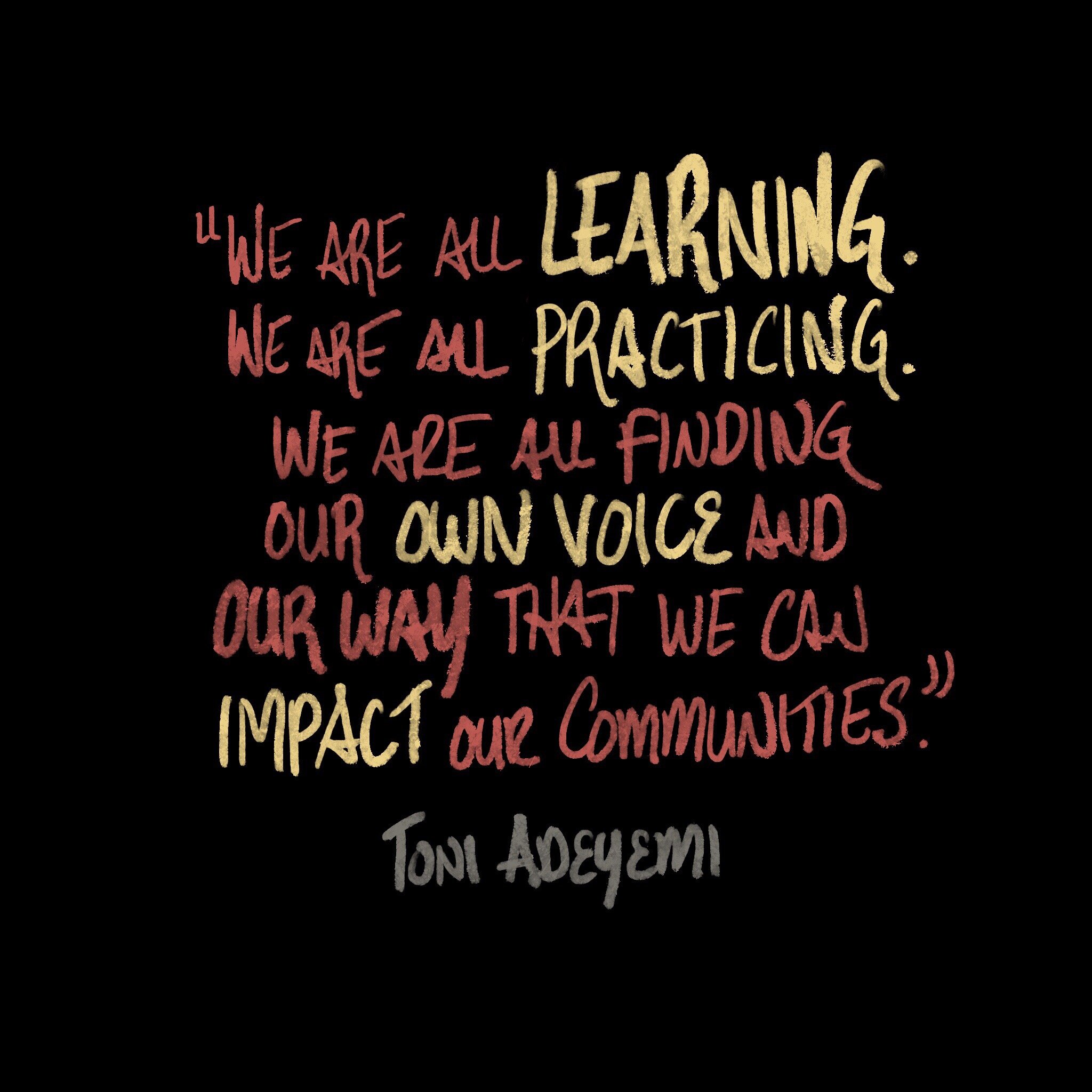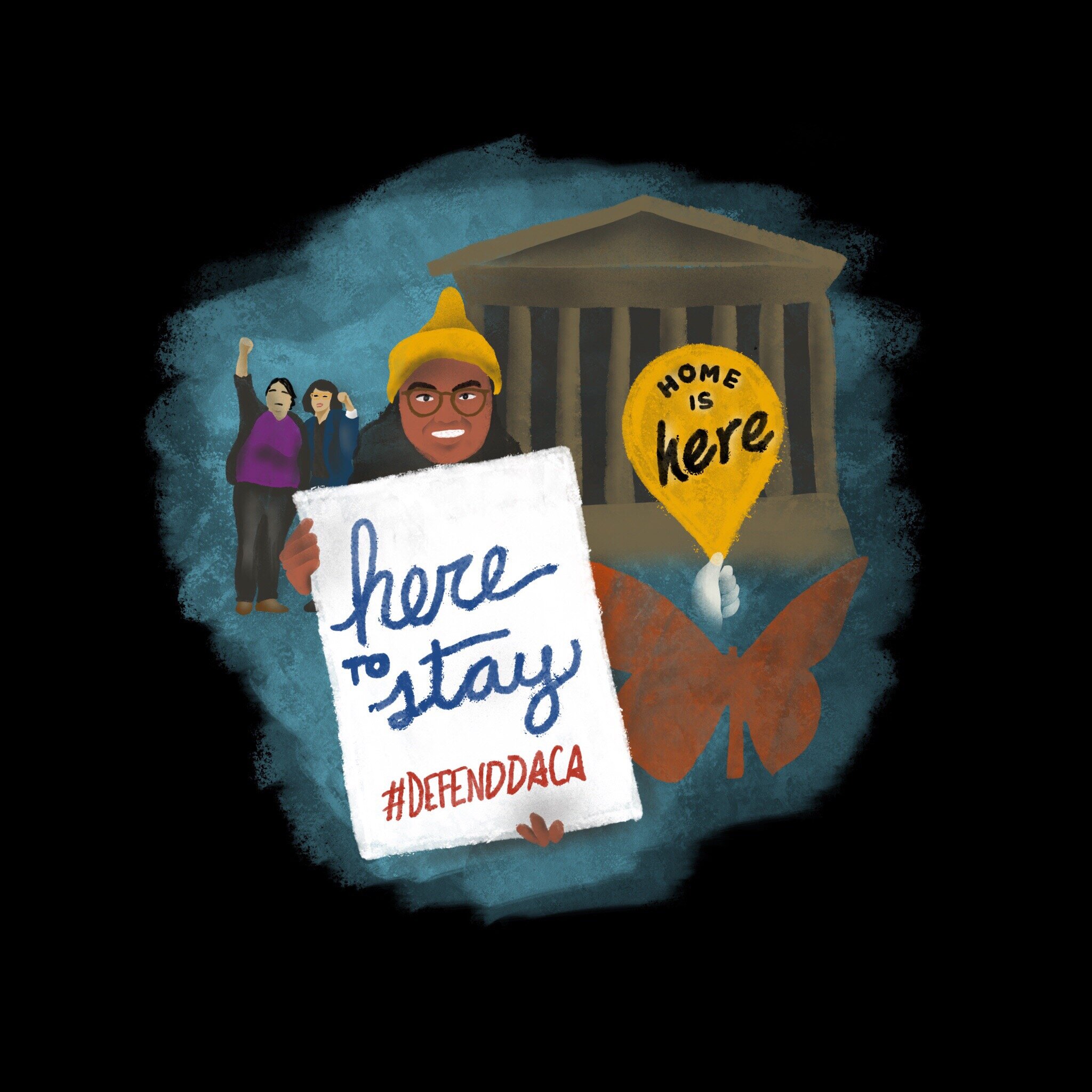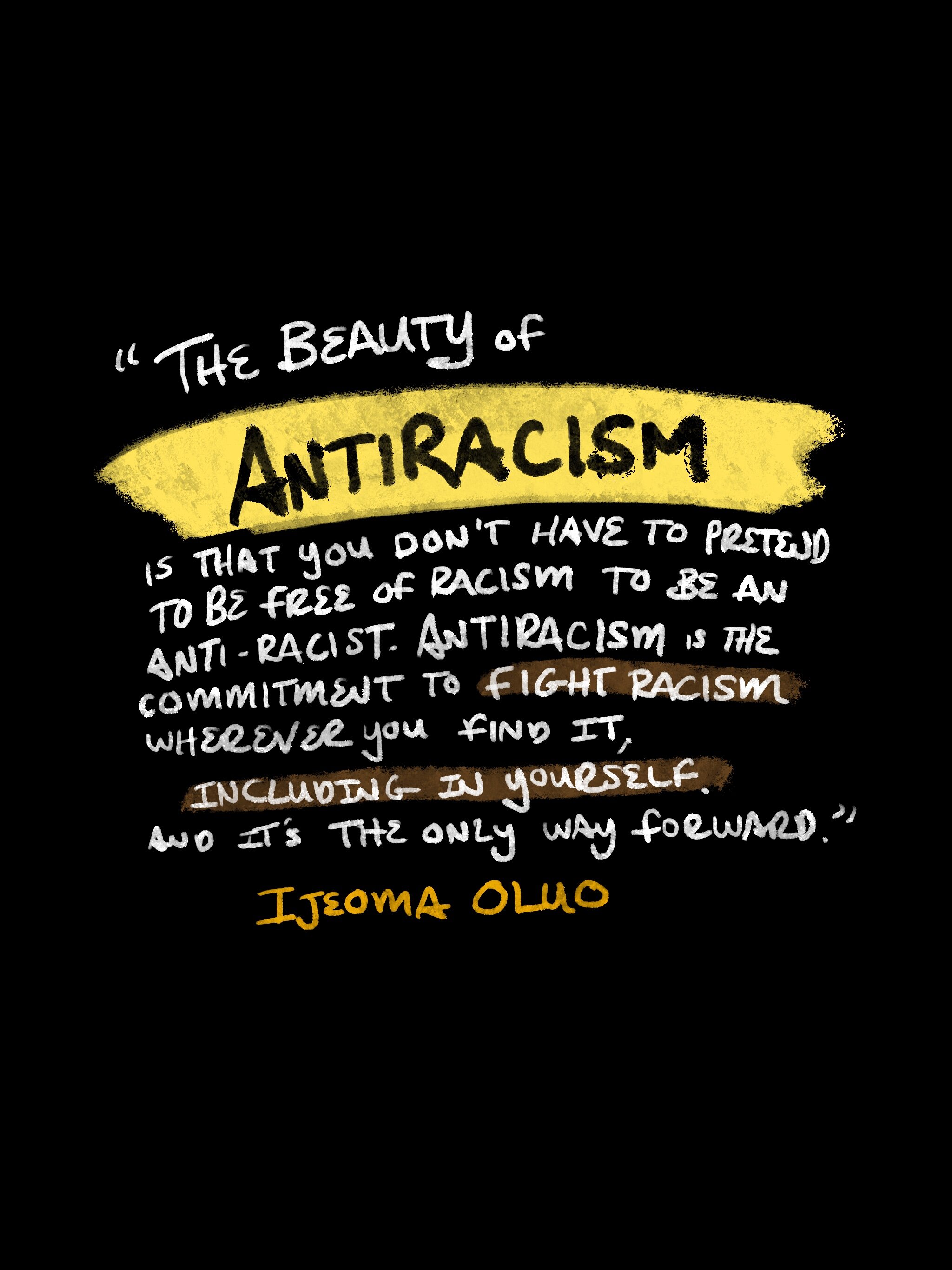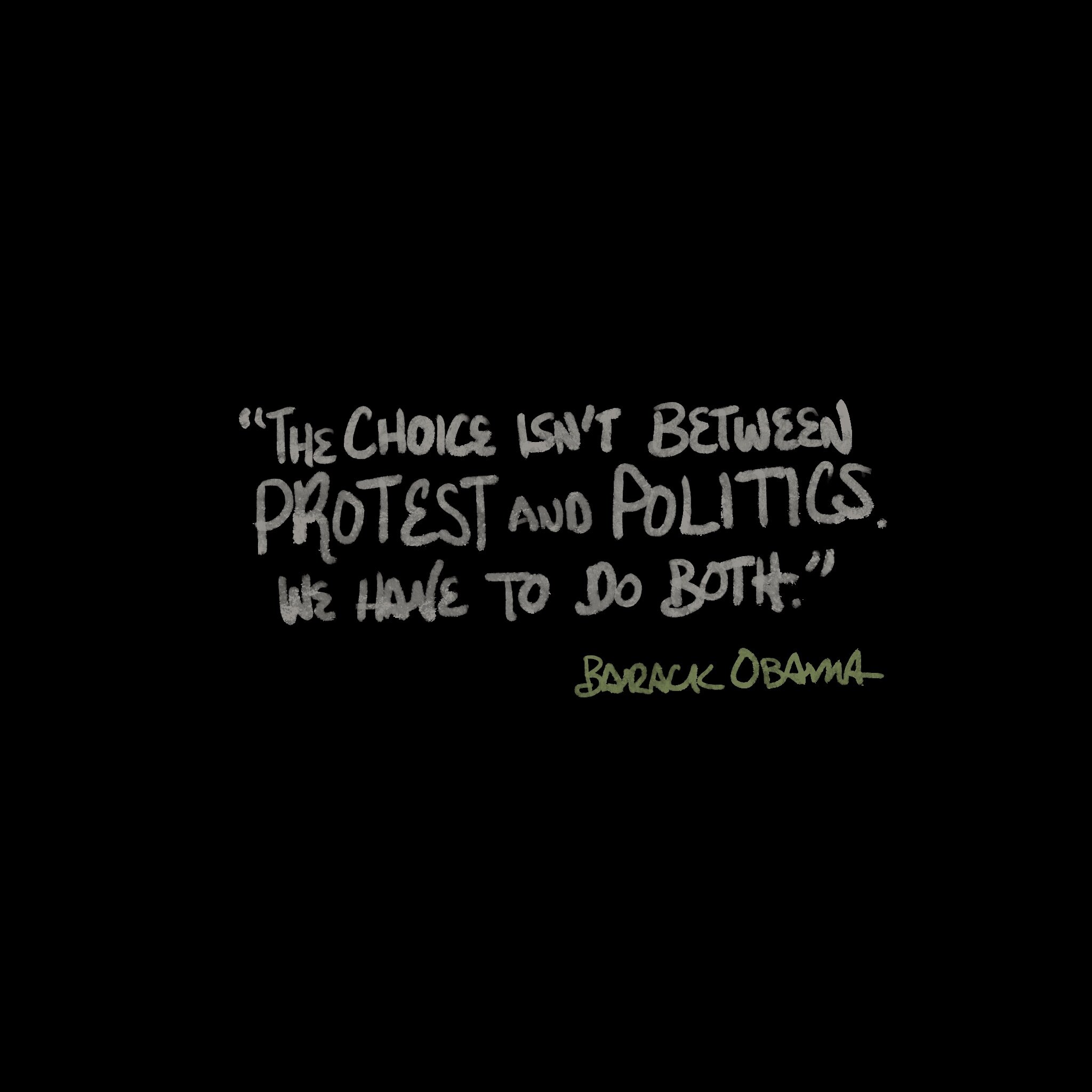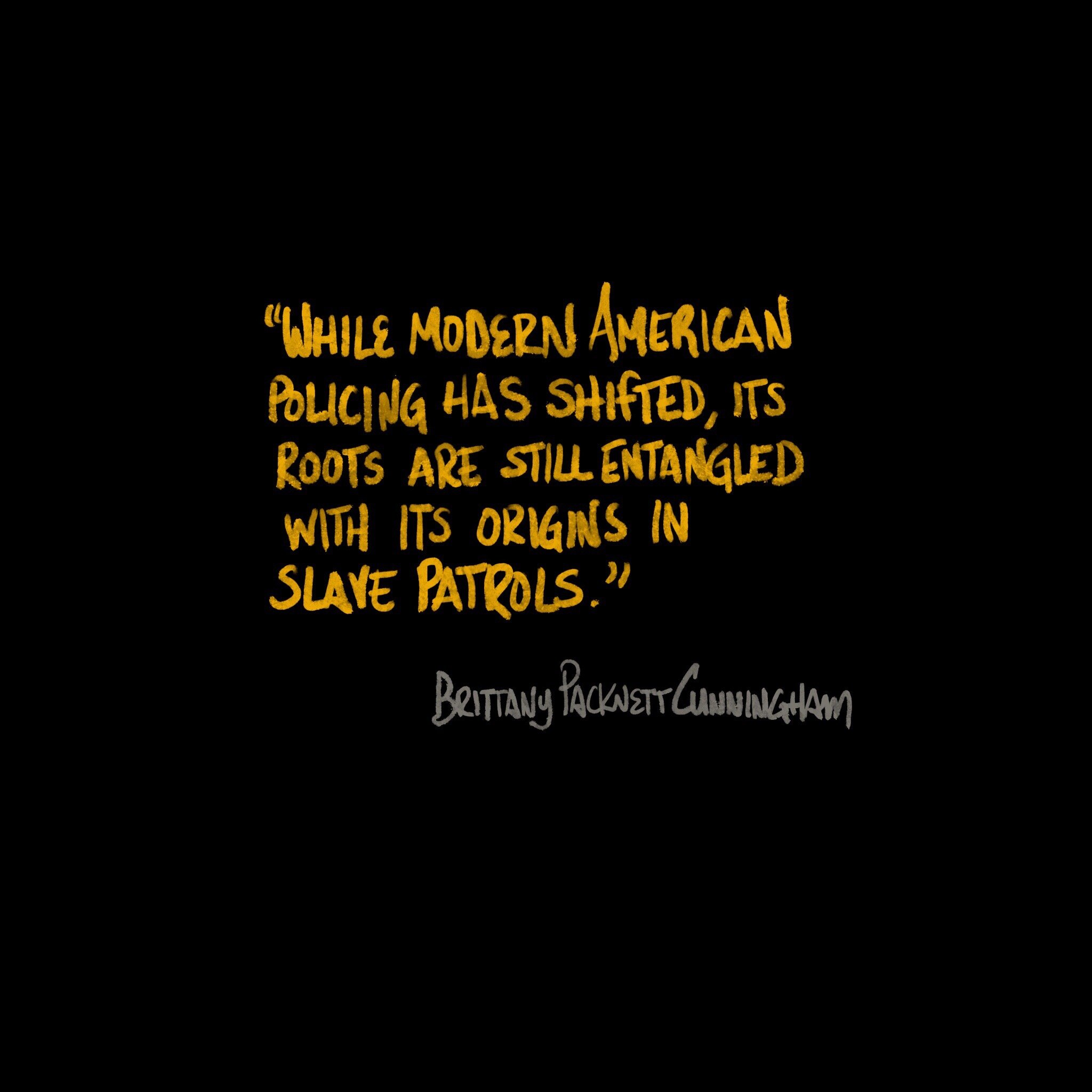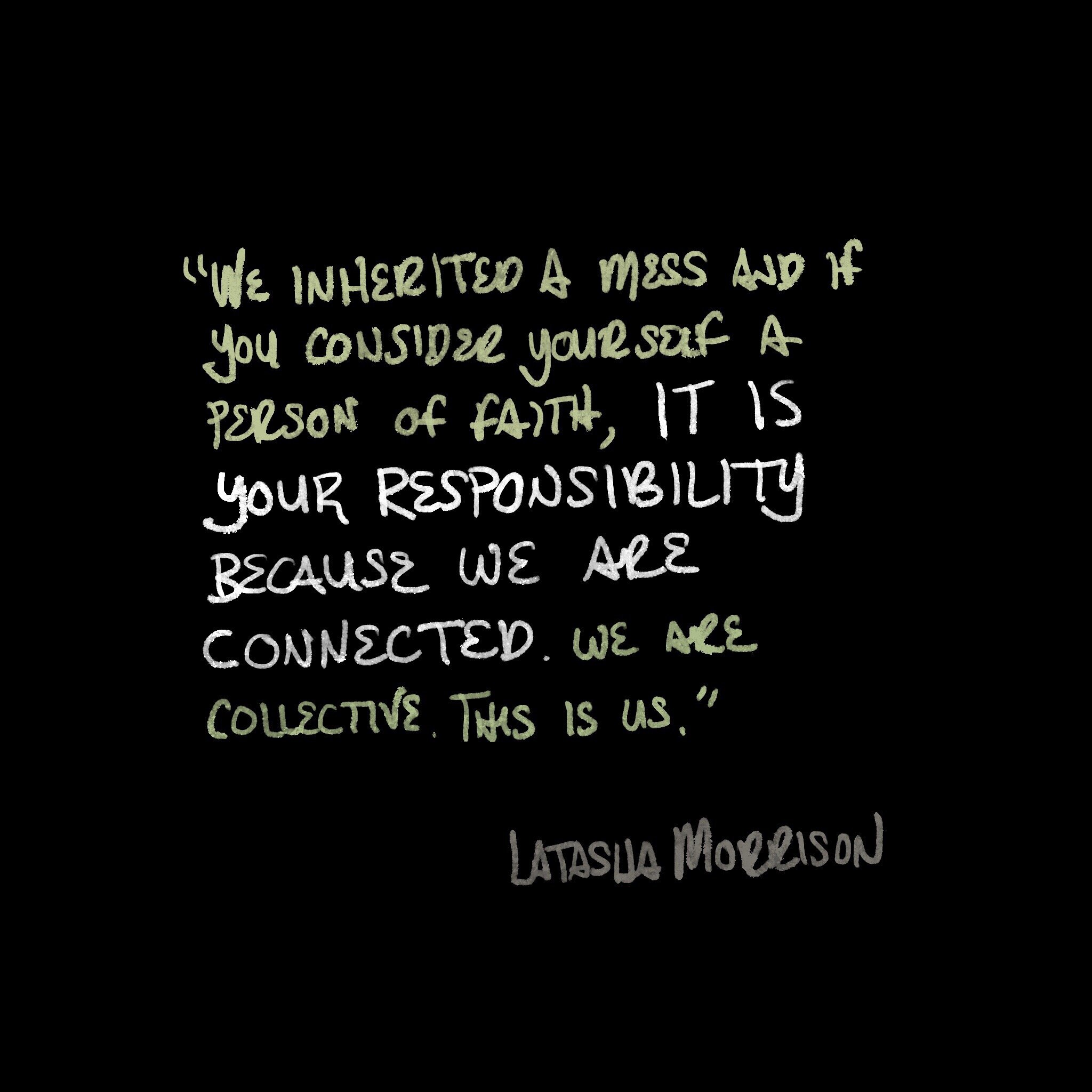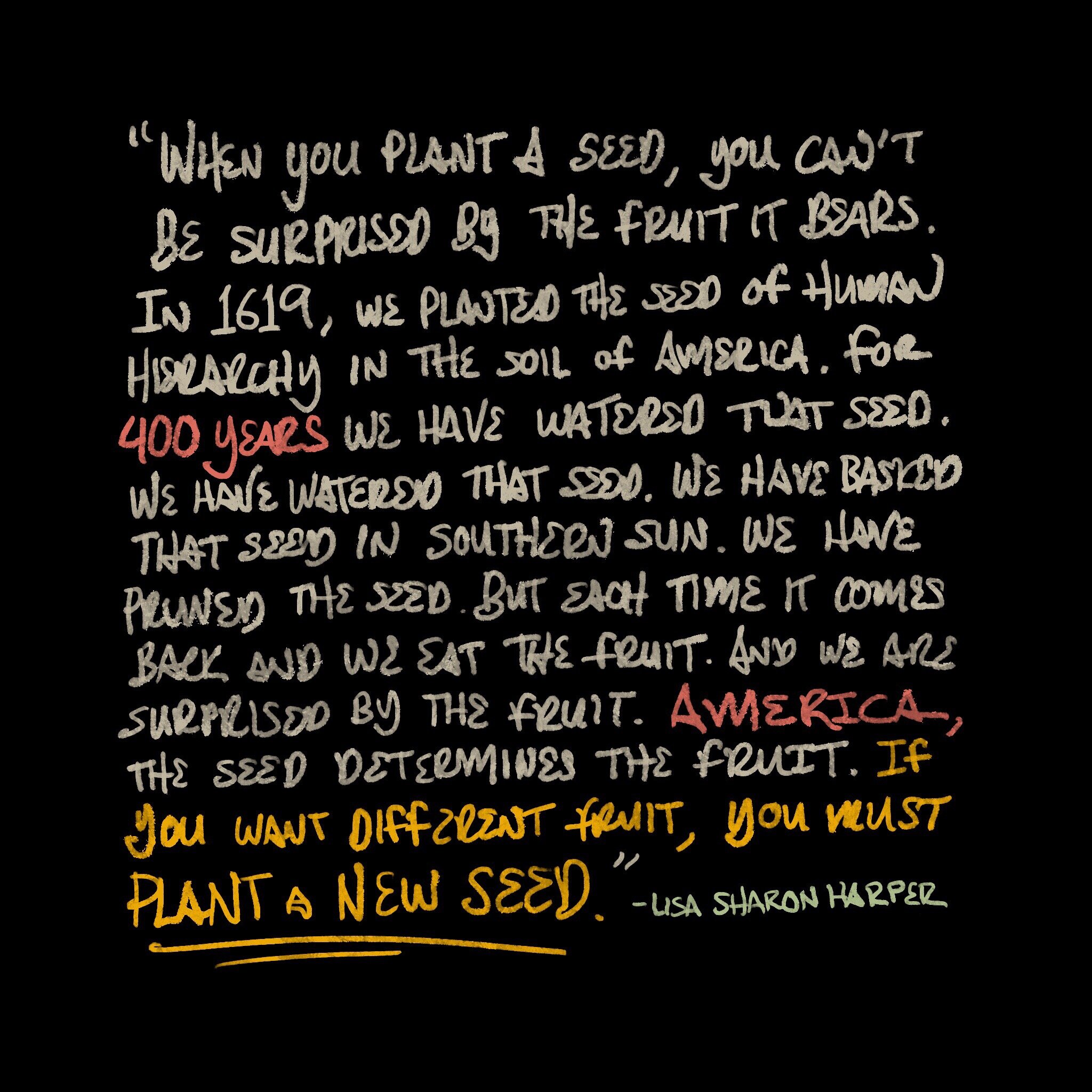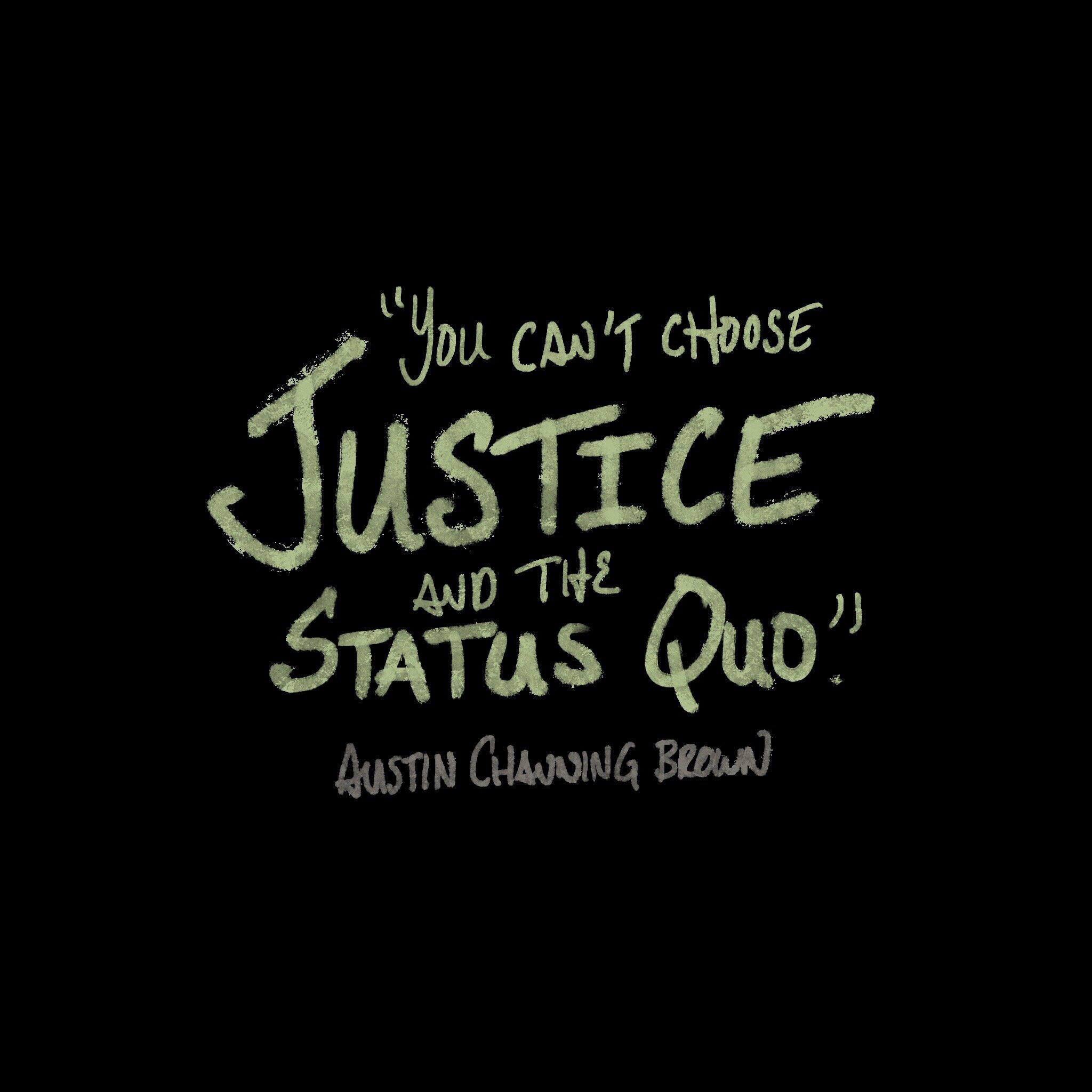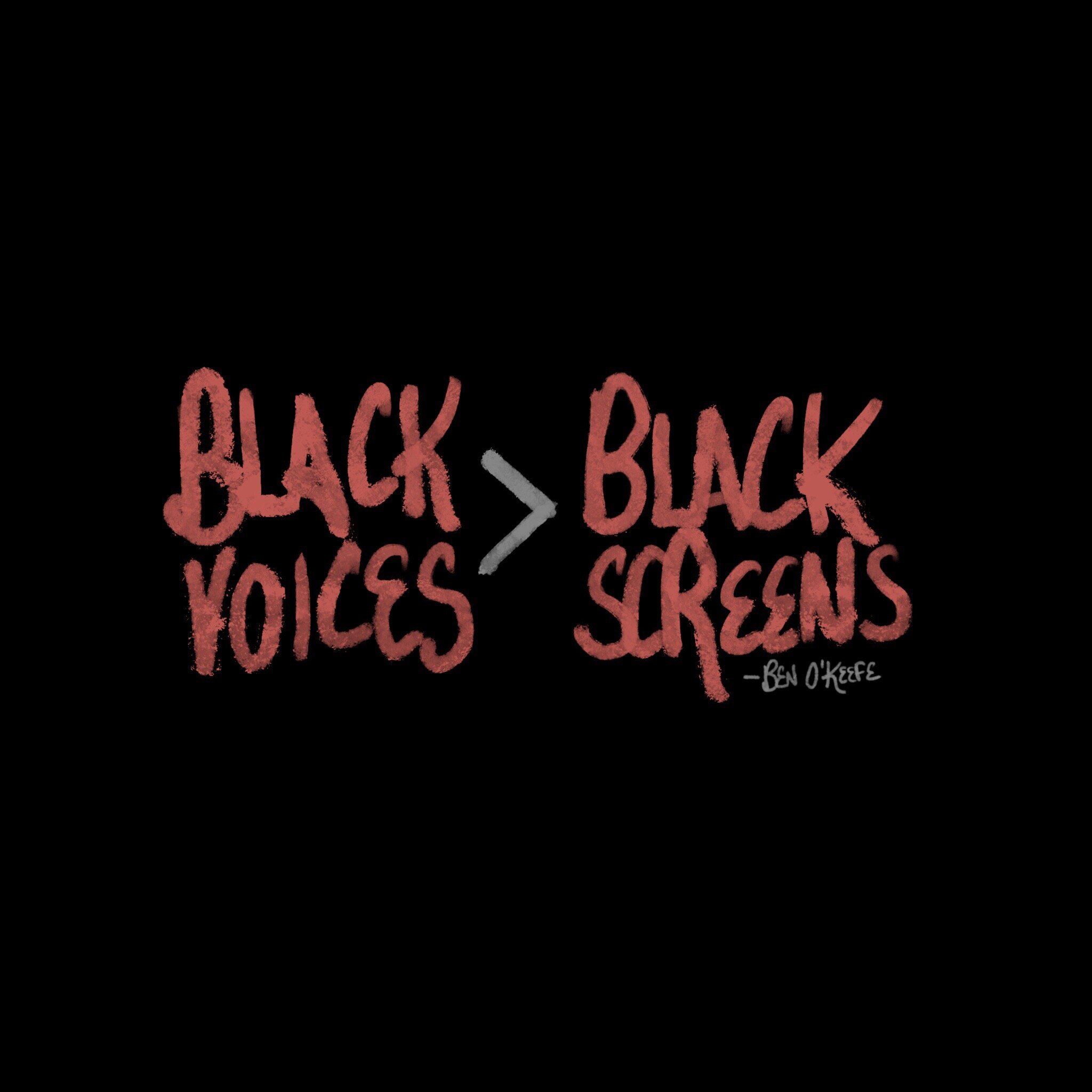#160 Anniversary 8
08 June 2020 // Carson, California
“If today's church does not recapture the sacrificial spirit of the early church, it will lose its authenticity, forfeit the loyalty of millions, and be dismissed as an irrelevant social club with no meaning for the twentieth century.”
—MLK
If you’re a churchgoer, what has your church been doing in the struggle for antiracism?
To paraphrase Latasha Morrison, for us people of faith, it’s our responsibility because we are connected. Church leaders, if you are not speaking against racism, your silence allows it to continue and to be passed on to the kids in your VBS classes. Churchgoers, hold your leaders accountable, too. If your leaders haven’t said much, ask why.
Martin Luther King said that if churches go quiet, they turn into irrelevant social clubs. That phrase– irrelevant social club– captures exactly how I feel about what so many churches are turning into. The data shows I’m not the only one who feels this way. Between 2007 and 2017, two thirds of churchgoers between 23-30 stopped, with 70% saying the reason was related to the church’s stance on social issues.
What keeps churches from participating? Some say it’s because they don’t want to go “political.” To that I say, racism is not a political opinion, it’s in fact a sin. Also, that approach implies that politics is a realm of your life where your faith switch flips off, and I know most would disagree to that. Maybe churches feel ill-equipped or are unsure what to do. There’s a TON of resources out there, and I’m happy to recommend some. Perhaps churches are afraid of upsetting certain people. If that’s the case, you are no longer stewarding your influence.
It absolutely doesn’t have to be like this. Here’s how to do better:
Be specific in calling it out – When denouncing racism and racial injustice, saying things like “it’s not a skin issue, it’s a sin issue,” or “let’s just learn how to love each other,” are extremely fluffy and don’t actually say much. Name the instances of injustice that stir up righteous anger. Better yet, get to know the context of these issues in your neighborhood and community.
Walk the talk – Don’t claim to be “multicultural” just because you have about a dozen brown families who join. What does your leadership look like? Your worship? Most American churches, by nature of demographics, will be majority white- but the key to dealing with this is to understand that your perspective is limited by this. Read The Next Worship by @smvanopstal for more!
Understand the history of church complicity – Sadly, the church has a history of not always doing the right thing. A great way to learn more about this is @jemartisby’s The Color of Compromise
Examine the lack of nonwhite perspective in your theological formation – I’ve read a LOT of theology books during my spiritual formation from different eras and traditions. SADLY fewer than five were by writers and theologians of color. One big voice to learn from (among many) is the recently passed James Cone.








